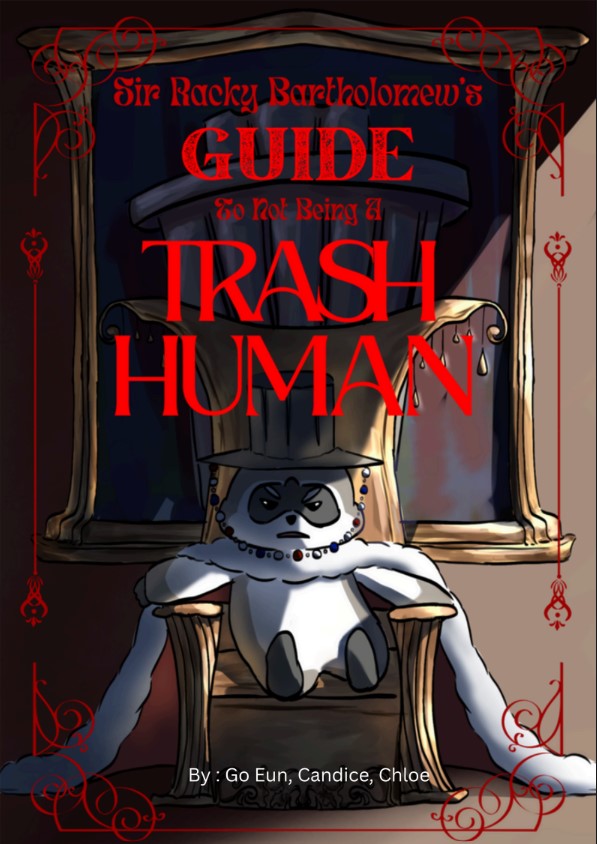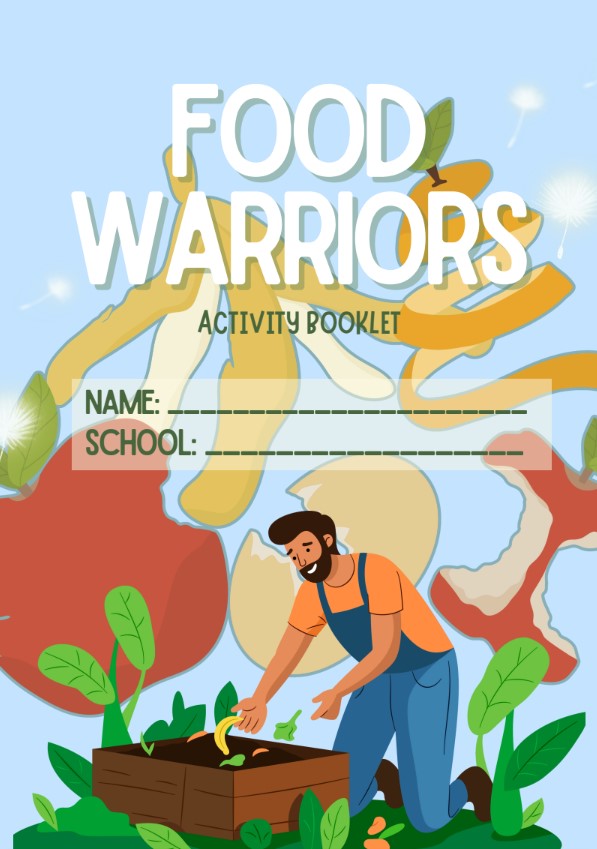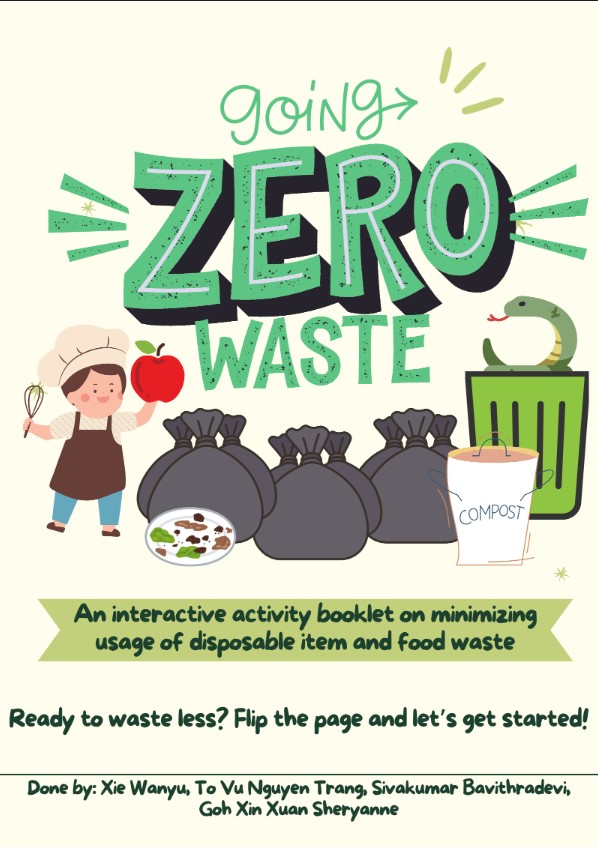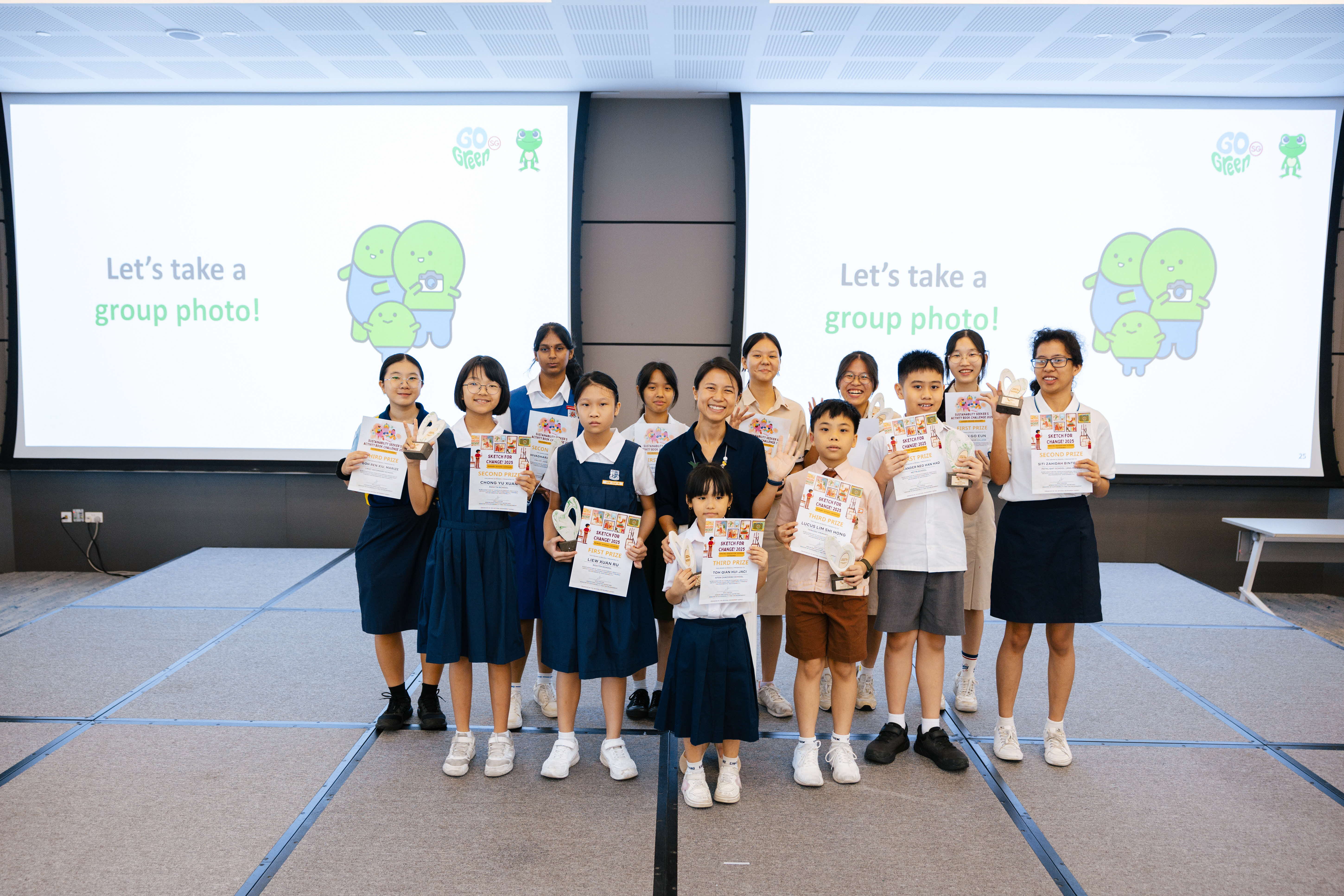Sustainability Seeker’s Activity Book Challenge 2025 – Junior College Category
Sustainability Seeker’s Activity Book Challenge 2025! drew over 160 students to design an engaging, informative, and visually appealing activity booklet to engage their peers to take actions for the environment. Students from Secondary Schools to Junior Colleges created content to engage peers and the community on how they can minimise usage of disposables, reduce food waste in school and at home, and encourage them to take action etc.
Theme: Reducing usage of disposables and food wastage
The theme for the activity booklet focused on waste reduction, exploring ways to minimise usage of disposable items and/or reduce food waste. Participating teams engaged their peers and communities with interactive challenges that convey waste reduction messages, fun facts and hacks for sustainable living and creative ways to encourage them to take action.
|
Sustainability Seeker’s Activity Book Challenge 2025 – Junior College Category |
|
|---|---|
|
FIRST PRIZE Name of School: Nanyang Junior College Title of Activity Booklet: Sir Racky Bartholomew’s Guide to not being a Trash Human |
|
|
The project team crafted their unique activity booklet around Sir Racky Bartholomew — a sarcastic, sassy and slightly grumpy raccoon who rules over Semakau Island, home to farmer raccoons growing food for Singapore. Unlike generic mascots, Racky's cuteness and savage commentary keep fellow students engaged whilst teaching them about food waste and disposable overuse. His mission? To guide readers on a hilariously insightful journey towards earning the title: "Not a Trash Human". The team recognised that their audience had seen their fair share of sustainability campaigns, so they decided to incorporate satire and relatability into their activity booklet to make it more engaging. Activities such as "Are You a Trash Human?" quizzes, meal-packing challenges, comic strips, and consequence-based games deliver serious messages through fun, gamified everyday scenarios without the guilt trip. By blending comedy, interactivity, and real-life scenarios, their booklet delivers genuine environmental messages and encourages sustainable habits in a way that sticks. Click here to view the booklet! |

Sir Racky Bartholomew’s Guide to not being a Trash Human by Nanyang Junior College |
|
SECOND PRIZE Name of School: Nanyang Junior College Title of Activity Booklet: Food Warriors |
|
|
This vibrant activity booklet was specially designed to engage students from lower primary (P1-P3) through interactive and visually appealing content. The project team's goal was to create a fun yet educational tool — engaging activities like crosswords, mini comic strips, and short write-ups were thoughtfully crafted to reinforce important messages about reducing food waste. In addition, the team focused on promoting easy-to-adopt actions such as 'make your own' compost, making sustainability feel accessible and achievable for young learners. Through this approach, they aimed to encourage a meaningful shift in mindset through small, consistent choices. In doing so, they hope that their booklet would not only educate but also empower children to become confident, responsible stewards of the environment in their everyday lives. Click here to view the booklet! |

Food Warriors by Nanyang Junior College |
|
THIRD PRIZE Name of School: Nanyang Junior College Title of Activity Booklet: Going Zero Waste! |
|
|
The project team's activity booklet aims to make learning about waste reduction fun, simple and actionable. It starts off with a modified version of the classic Snake and Ladder game to teach players fun facts and bite-sized tips to reduce waste. The second activity, Cook a Dish, suggests recipes promoting creative usage of leftovers in cooking to reduce wastage. Their third activity teaches participants the basic principles of waste sorting and composting, an important yet often overlooked aspect of waste reduction. The final activity is an interactive Bingo challenge that motivates participants to put waste-reducing tips they learnt into practice over a period of 30 days. Overall, the team hope to show that reducing waste does not require drastic changes, but small, mindful actions. They wanted to encourage their peers and their families to think twice before generating waste, be more aware of the waste problem globally and to pick up waste-reducing habits. Click here to view the booklet! |

Going Zero Waste! by Nanyang Junior College |

A huge congratulations to our award winners for their achievement! Together, we can lead the change in building a greener future.

